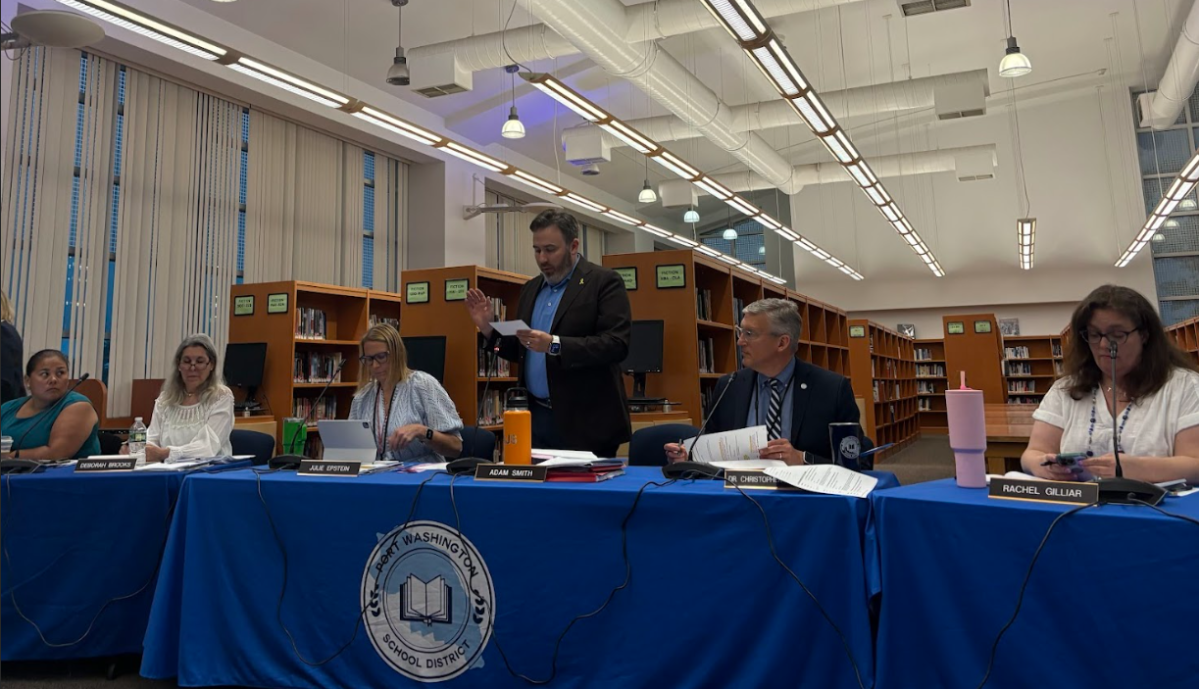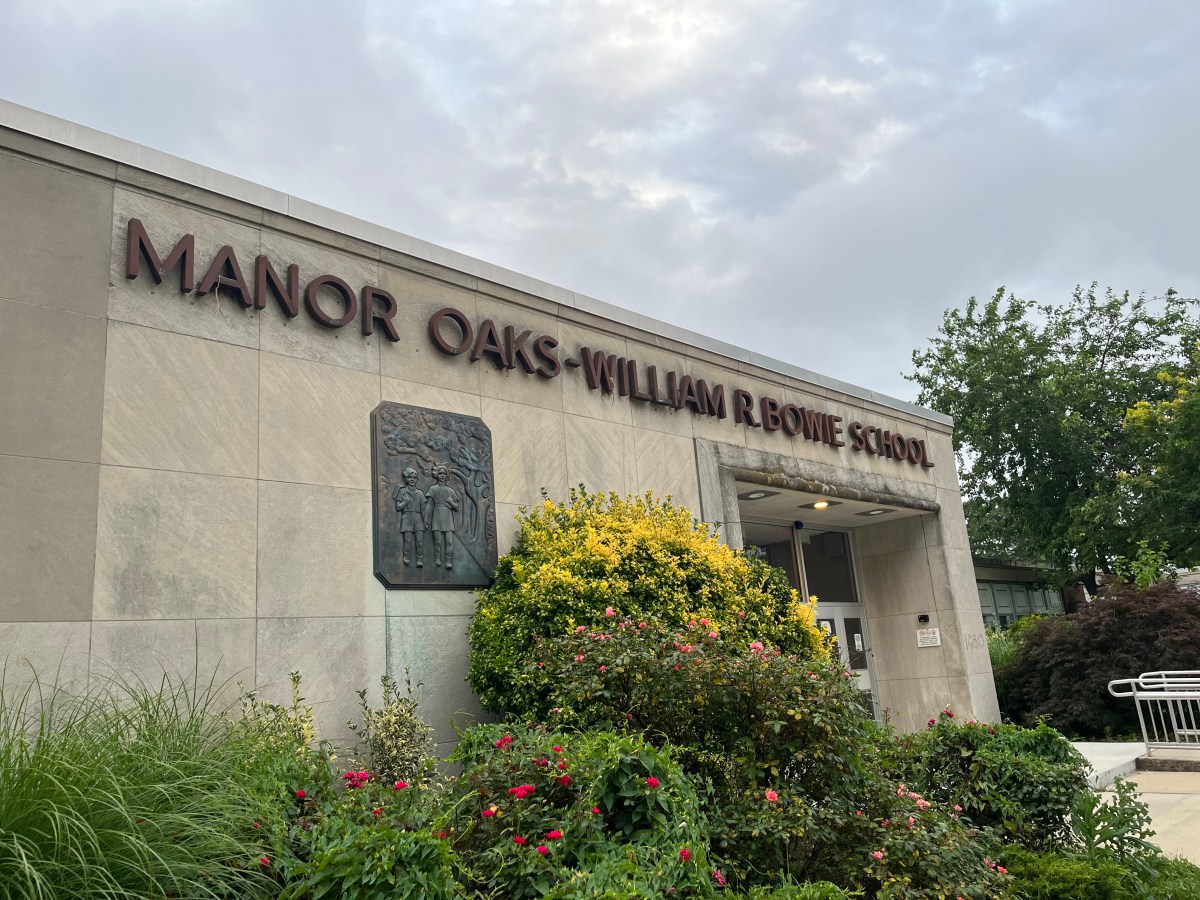Both charter school and traditional public school advocates this week declared victory after both the state and Washington dealt a death knell to national standardized education known as Common Core.
On the state’s part, Governor Andrew M. Cuomo announced yesterday that the Common Core Task Force he convened recommended overhauling the current Common Core system and adopting new, locally-driven New York State standards in a transparent and open process.
The new standards will include curriculum and test overhauls developed uniquely for New York students with sufficient local input. The Task Force also recommends that current Common Core aligned tests should not count for students or teachers until the start of 2019-2020 school year to ensure the system is implemented completely and properly to avoid the errors caused by the prior flawed implementation.
“The Common Core was supposed to ensure all of our children had the education they needed to be college and career-ready – but it actually caused confusion and anxiety,” said Cuomo.
The Alliance for Quality Education, which supports a more traditional public school model as well as the teachers union, hailed the overhaul, calling the moratorium on using tests to grade teachers is very important.
“Don’t get me wrong, significant interventions are needed in struggling schools including investment in high quality curriculum and family engagement. They also require more supports for students, such as social workers and health clinics. These strategies will work, but they must be coupled with local control. The state appears to be learning from the error of its ways. Using high-stakes testing to grade and punish teachers is wrong, so there is no justification for continuing to use these same tests to grade and punish schools,” said Billy Easton, Executive Director of the Alliance for Quality Education.
But StudentsFirstNY, an organization more aligned with charter schools and giving parents more of a choice in public school education, said a moratorium on how teachers are evaluated, should not lessen the state’s commitment to returning to the use of state test results as a significant factor in teacher and principal evaluations.
“The report from the Common Core Task Force shows that New York remains dedicated to high academic standards. Maintaining high standards and rigorous annual assessments is critical to ensuring parents know whether their children are being prepared for college and career,” said StudentsFirstNY Executive Director Jenny Sedlis.
“The recommendations also include a temporary transition period where student test scores on state tests will not be used in teacher evaluations. We must get to a place where teachers are evaluated honestly and fairly based on whether children are actually learning. The old system that found virtually every educator effective when most students are below grade level did a disservice to children,” she added.
The state report came on the same day that President Obama signed the Every Student Succeed Act, which ends the era of federally-mandated high-stakes testing and prohibits the Secretary of Education from forcing states into adopting Common Core.
The move away from national Common Core standards drew rare bipartisan support in the House.

“This new start in education policy takes power away from bureaucrats in Washington and places control where it belongs: with parents and local educators,” said Republican Congressman Dan Donovan (Southern Brooklyn, Staten Island).
“Further, the legislation maintains annual, statewide assessments in reading and math, but provides resources for states and local school districts to audit their assessment systems to eliminate assessments that do not contribute to student learning,” he added.
Flatbush Congresswoman Yvette Clarke, a Democrat, also voted for the measure.

“Since the enactment of No Child Left Behind, many parents, teachers, and school administrators have been concerned that national standards for schools fail to allow local school districts to develop the best programs for their students to learn. With the Every Student Succeeds Act, state and local school boards will have the flexibility to utilize different types of assessments using various measures,” said Clarke.
“In addition, the law will provide for better reporting of data about the performance of students and require more disclosures from charter schools. But I am concerned about provisions that could potentially result in the redistribution of resources from the neediest schools to the wealthier schools. And we must remain vigilant in preventing local school districts from failing to provide equal access to education for poor students and students of color who have historically been denied access to critical resources,” she added.










